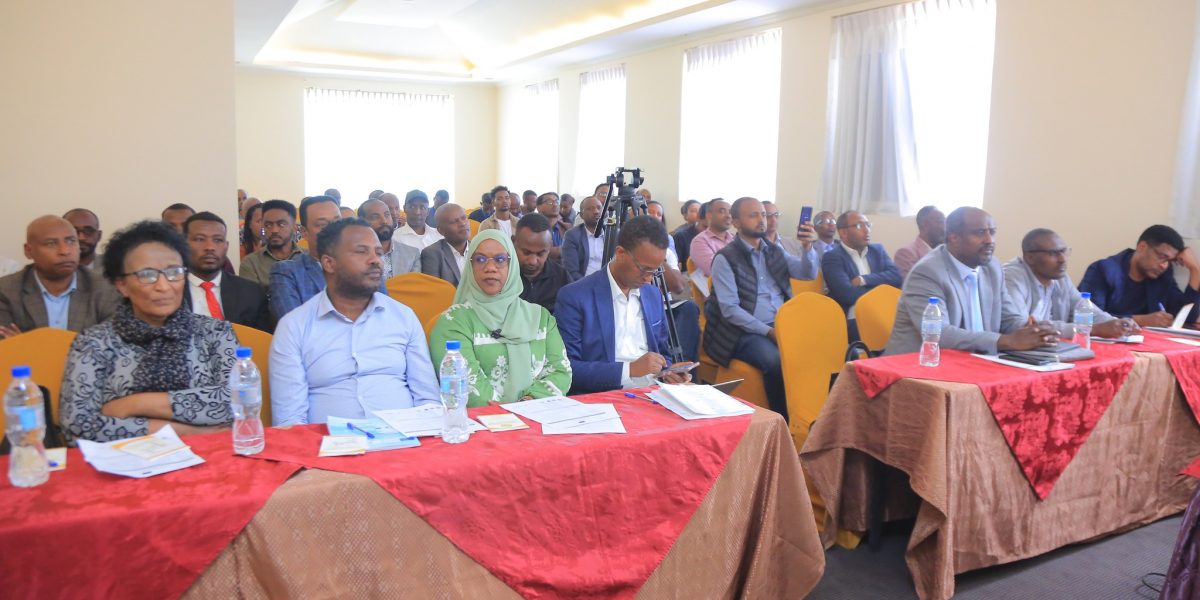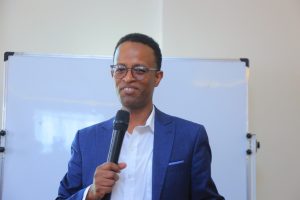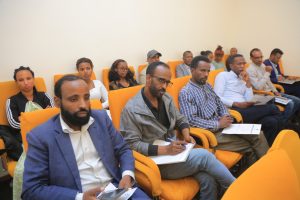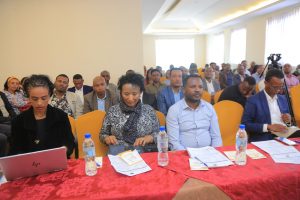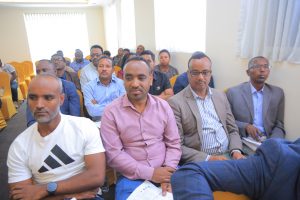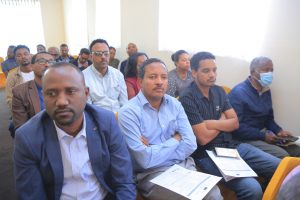The National Research Conference organized by Kotebe University of Education concluded on April 30, 2025, marking a significant step towards transforming Ethiopia’s comprehensive university system into a dynamic network of Universities of Applied Sciences (UASs). The event at the Yod Abyssinia International Hotel gathered key stakeholders to discuss this critical evolution in higher education.
Dr. Fekede Tuli, Academic Vice President of Kotebe University of Education, opened and closed the conference, emphasizing the paradigm shift’s importance for Ethiopia’s future and highlighting the need to move beyond traditional academic promotion systems to recognize practical contributions. Dr. Ubah Adem, President of Dire Dawa University and Chairperson of the UAS consortium, delivered a keynote address underscoring the global demand for accountable, quality education aligned with national priorities. She pointed to the existing gap between academic preparation and labor market needs, contributing to graduate unemployment.
Discussions addressed crucial areas for improvement, including limited industry involvement in curriculum, insufficient practical skill-building, weak university-industry links, and the need to integrate Sustainable Development Goals (SDGs). The envisioned UAS model aims for deep community and industry integration, producing skilled graduates driving innovation and socioeconomic development through applied research. Key areas for systemic change highlighted included rethinking academic career progression, fostering demand-driven research, implementing quality internships, enhancing teaching relevance through industry partnerships, and integrating SDGs into university functions. Six papers presenting specific research and best practices in these areas were also shared.
Challenges such as collaboration limitations, resistance to change, financial constraints, and the need for clear guidelines were acknowledged. Participants stressed the importance of effective change management and strong stakeholder collaboration to realize the immense potential benefits: enhanced workforce readiness, economic growth, increased innovation, and improved graduate employability, ultimately contributing to a sustainable future for Ethiopia. The conference served as a vital platform to build momentum for this transformative shift in the nation’s higher education landscape.


